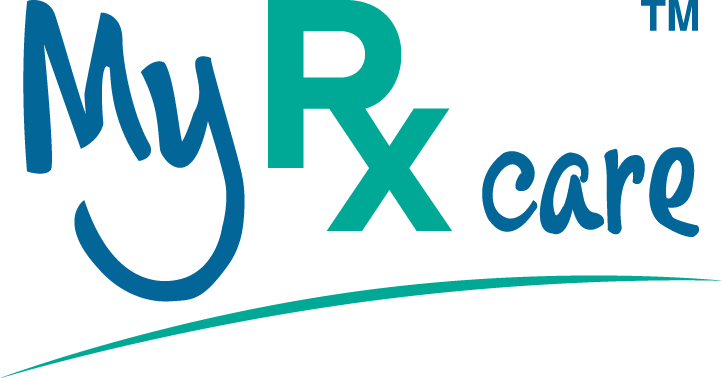The difference between biologics and biosimilars
Biologics and biosimilars are both types of drugs used in the treatment of various medical conditions, including cancer, autoimmune diseases, and chronic conditions like rheumatoid arthritis.
Biologics are a type of medication that is made from living organisms or biological substances, such as proteins or cells. They are complex molecules and are manufactured using advanced technology and processes. Biologics are used to treat a wide range of medical conditions, including cancer, autoimmune diseases, and chronic conditions like rheumatoid arthritis. They work by targeting specific proteins or cells in the body to reduce inflammation and slow down the progression of disease.
Biosimilars, on the other hand, are biologic drugs that are designed to be similar to an existing biologic drug. Biosimilars are intended to provide a more affordable alternative to the original biologic, while maintaining the same level of safety and efficacy. They are manufactured using similar processes and techniques as the original biologic, but may differ in terms of their specific composition or structure.
Biosimilars are approved by regulatory agencies like Health Canada based on the demonstration of similar quality, safety, and efficacy compared to the reference biologic drug. Although biosimilars are similar to their reference biologic drugs, they are not identical and may have small differences in terms of their molecular structure or composition.
Biologics and biosimilars are both important drugs used in the treatment of medical conditions, but they have distinct differences in terms of their composition, origin, and regulatory approval. Biosimilars provide an affordable alternative to the original biologic drugs, while still maintaining the same level of safety and efficacy.

